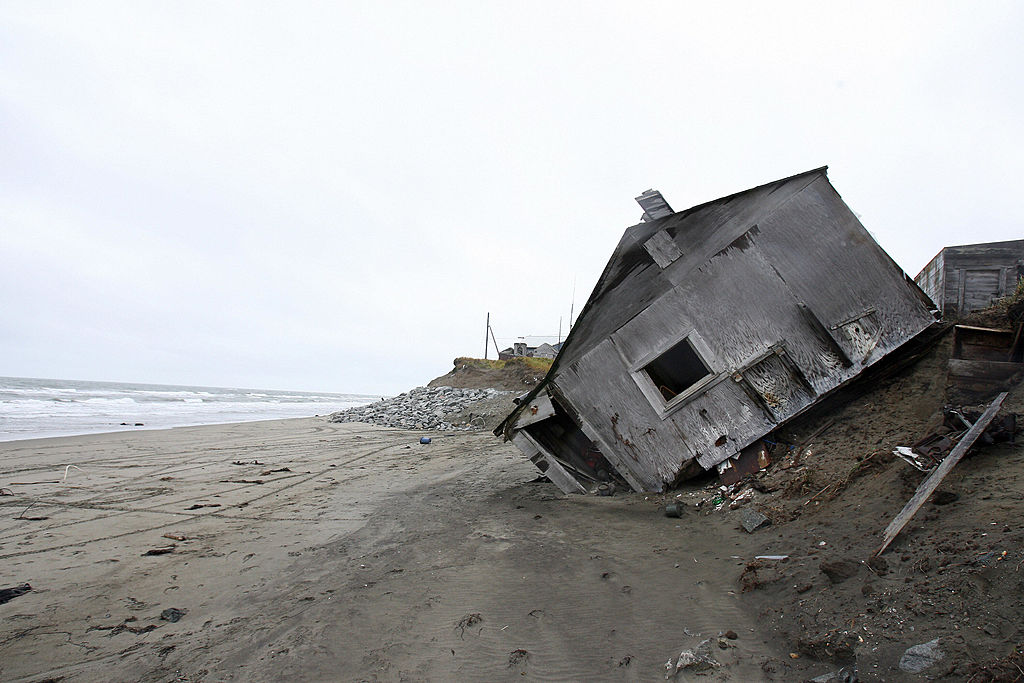
For years, climate change has struggled to break through as a top-tier campaign issue in U.S. presidential politics, as voters ranked it low on their priorities list and candidates followed their lead. With that in mind, Wednesday’s CNN forum devoted solely to the topic is, in a sense, groundbreaking.
But, even as climate change has ascended the ranks of campaign issues, a slew of indicators suggest that voters want to hear even more.
Nearly 70% of voters are “worried” about climate change and 71% want the federal government to do more to tackle the issue, according to a new Climate Nexus poll conducted by Yale and George Mason universities and shared exclusively with TIME. A majority of survey respondents said a slew of institutions — from the media to state government — should be doing more to address the issue.
The polling is reflected in conversations on the ground. Democrats in key early primary states say the desire to hear more on the issue is reflected in the way voters are engaging with candidates. “At every event, the candidates will talk about climate change,” Rob Hogg, an Iowa state senator from Cedar Rapids, told me last month.
This is a significant turnaround from earlier this year. When reached by TIME in February, most candidates’ campaigns offered little in the way of substantive climate proposals, with some offering vague promises to support a Green New Deal and others saying they would restore Obama-era policies rolled back by the Trump Administration.
As activists have pushed the issue into the media spotlight and voters expressed concern about the issue on the ground, candidates have devoted time and resources to offering proposals. A flurry of new plans, including from Senator Amy Klobuchar of Minnesota and former Housing and Urban Development Secretary Julian Castro, came in the final days leading up to the CNN forum.
Most of the plans include a variation on a proposal to make the U.S. carbon-neutral by 2050, meaning the country would effectively stop emitting carbon dioxide. A key part of that would be transitioning the electricity sector to renewable energy sources like wind and solar. The Climate Nexus poll suggests that such an idea would be extremely popular: 71% of voters want the U.S. to establish a 100% clean electricity by 2050 standard and half would be willing to have the federal government spend their tax dollars to get there. The survey of 2,208 registered voters in the U.S. has a margin of error of plus or minus 2%.
Several candidates have supported a call from activists to hold a debate on climate change, arguing it’s the best way to ensure a substantive discussion on the topic. “There’s an interest in the level of detail cannot be done in 60 seconds,” Washington Gov. Jay Inslee told me last month before he dropped out of the race. “Democrats really care about this.”
Still, many in the party’s leadership remain skeptical about the issue’s political salience. The Democratic National Committee rejected a proposal last month that would have paved the way for a debate on the issue, with party leadership arguing that single-issue debates might appeal to only a narrow audience.
The DNC’s decision leaves the public with a seven-hour marathon of candidates speaking individually instead of having the candidates engage with each other on the issue. It’s a challenging format to watch, even for the most devoted follower.
More Must-Reads From TIME
- The 100 Most Influential People of 2024
- The Revolution of Yulia Navalnaya
- 6 Compliments That Land Every Time
- What's the Deal With the Bitcoin Halving?
- If You're Dating Right Now , You're Brave: Column
- The AI That Could Heal a Divided Internet
- Fallout Is a Brilliant Model for the Future of Video Game Adaptations
- Want Weekly Recs on What to Watch, Read, and More? Sign Up for Worth Your Time
Write to Justin Worland at justin.worland@time.com